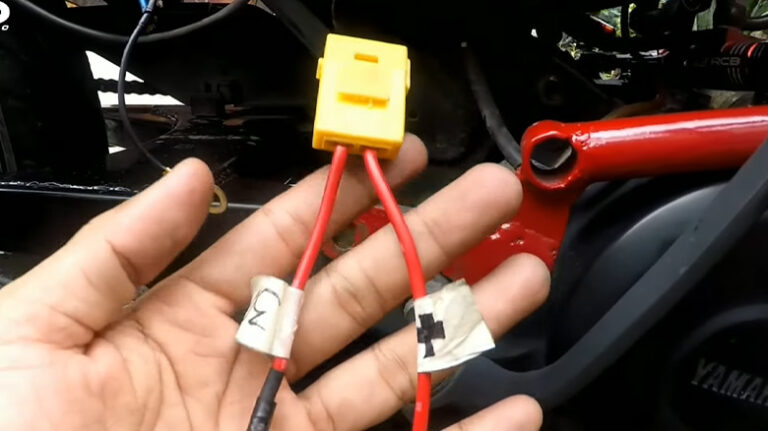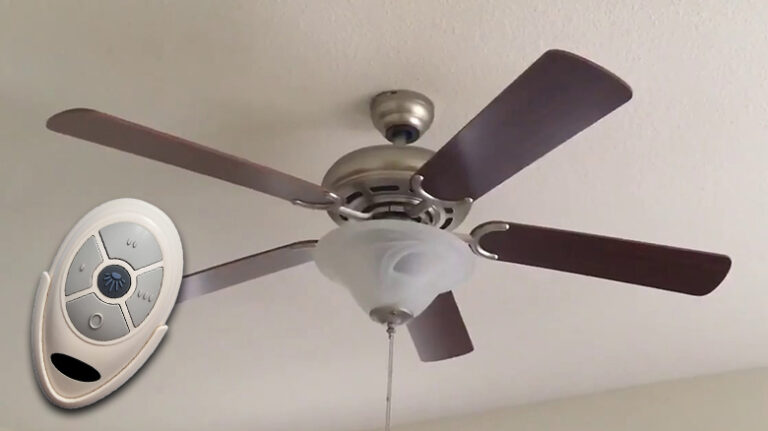Can I Use Reptile UVB Light For Birds
If you’ve got a lot of birds in your household and you’re looking to add natural light to your outdoor space, you may think of a reptile UVB light to make it the way to go. The choice comes here because reptile UVB lights are like a star in the night sky, with the power to take reptiles from bad to great.

You know, not only can they help attract insects, but they also have some other benefits as well. But, do they provide benefits for the birds in the same way? How do they work? Can I use reptile UVB light for birds safely? Will they harm my pet? Read on!
Can I Use Reptile UVB Light For My Birds?
The answer can be both yes and no.
This is a question that many people ask when they find out that the animal they have been caring for is no longer eating. While reptiles and birds may seem to be very different, in reality, they are very similar animals. Both need heat from the sun to keep their bodies warm, so it makes sense that they would benefit from the same type of lighting. However, to help keep your birds safe and healthy, we recommend using a reptile light explicitly designed for birds.
The specific UVB lights made for birds have a lower intensity than those used by reptiles and are designed specifically to meet the needs of small pets, such as parrots and cockatiels. On the contrary, though it’s possible to use a regular reptile UVB light for birds, it’s never recommended.
In some cases, when you use an ordinary reptile UVB light for birds, they’ll likely become ill very quickly and die. So, there are some different considerations when using a reptile UVB bulb to provide heat for your bird’s cage. Here are some things to consider:
- Dramatic temperature changes can cause stress in birds and other pets.
- Birds do not need as much heat as reptiles do, so you will only need a small UVB bulb at one end of the cage rather than both ends. Remember that you are not using a standard bulb in your home or office environment.
- If you have an area in your house where there is no sun, use it as an option for providing additional heat for your pet’s enclosure. Sometimes, this can be an option without adding more lighting, which is too bright for birds’ sensitive eyes.
Do Birds Need A UVB Light?
Yes. All birds need UVB light to produce vitamin D3.
Vitamin D3 is critical for the bird’s health and well-being and helps protect against some of the most common diseases and conditions that can affect a bird. You’ll be glad to know, UVB, or ultraviolet B light, is the part of the sunlight that most strongly affects your birds and is essential for them to be able to synthesize vitamin D3.
As a result, it helps to maintain strong bones and teeth. When a bird doesn’t have enough UVB light, it will not be able to make vitamin D3 and will suffer from calcium deficiency.
The amount of vitamin D3 your bird needs depends on the season and where you live. In the summer months, most of us get plenty of sunshine. But in winter, when there isn’t enough UVB light or we’re wearing sunscreen, our birds don’t get enough vitamin D3, and they may become sick or die.
So if you don’t have a UVB light in your aviary, you’re likely doing your birds a disservice by depriving them of this vital nutrient. Birds are much better off with an artificial source of UVB than without one at all!
Can You Use A Reptile Heat Lamp For Birds?
You can use a reptile heat lamp for birds only if it’s made to suit the birds’ environment. This type of reptile heat lamp is excellent for keeping your birds warm in cold weather, but you can use them anytime to help keep your pets warm.
According to the typical structure, reptile heat lamps are specifically designed to mimic the heat of a natural reptile environment. Since it’s a similar environment to birds, they can be used on all birds. Only remember that the lamp heat should match your birds’ requirements.
Not to mention, reptile heat lamps come in many shapes and sizes and range from old-style light fixtures to more sophisticated models that give off more light and heat than traditional light bulbs. The main benefit of using reptile heat lamps is that they’re easy to hide in any room of your home. So, you have less to worry about them catching fire or causing other problems.
Frequently Asked Questions
What UV Light Is Good For Birds?
Usually, UVA and UVB are the types of UV light that are good for birds. Both of these UV lights produce vitamin D to maintain good health. Whereas natural sunlight produces UVB, artificial light sources like fluorescent tubes, incandescent bulbs, and halogen lights emit mostly UVA rays. Not to mention, these UVA rays are long-wavelength and penetrate deeper into the skin. However, you’ll get some UVB lights in the market as well, which can temporarily fulfill the need for sunlight.
Does UV Light Affect Birds?
Yes, UV light affects birds. In fact, studies have shown that too much exposure to UV light can actually cause feather loss in some species of birds. Additionally, UV light can also cause eye damage in birds, which can lead to blindness. For these reasons, it’s important to make sure that your bird has access to shade and is not placed in an area where it will be exposed to direct sunlight for long periods.
Are Reptile Heat Lamps Bird Safe?
Yes, reptile heat lamps are bird safe until they exceed the maximum heat limit for birds. Usually, reptile heat lamps emit infrared radiation, which is invisible to the naked eye but can be felt as heat. This type of radiation is completely safe for both birds and reptiles. In fact, you can use these heat lamps to keep birds warm during the winter months.
Conclusion
It is evident that some reptile UVB lights do NOT provide the correct wavelength for birds to synthesize vitamin D3 in the skin and feathers. As a result, such reptile UVB light can lead to MANY health issues in birds, including metabolic bone disease, a severe condition that can lead to death. So, you should never use the standard UVB reptile lights on birds.


![[Explained] Can UV Light Cause A Fire?](https://lightingvilla.com/wp-content/uploads/2023/01/Can-Uv-Light-Cause-A-Fire-768x431.jpg)



